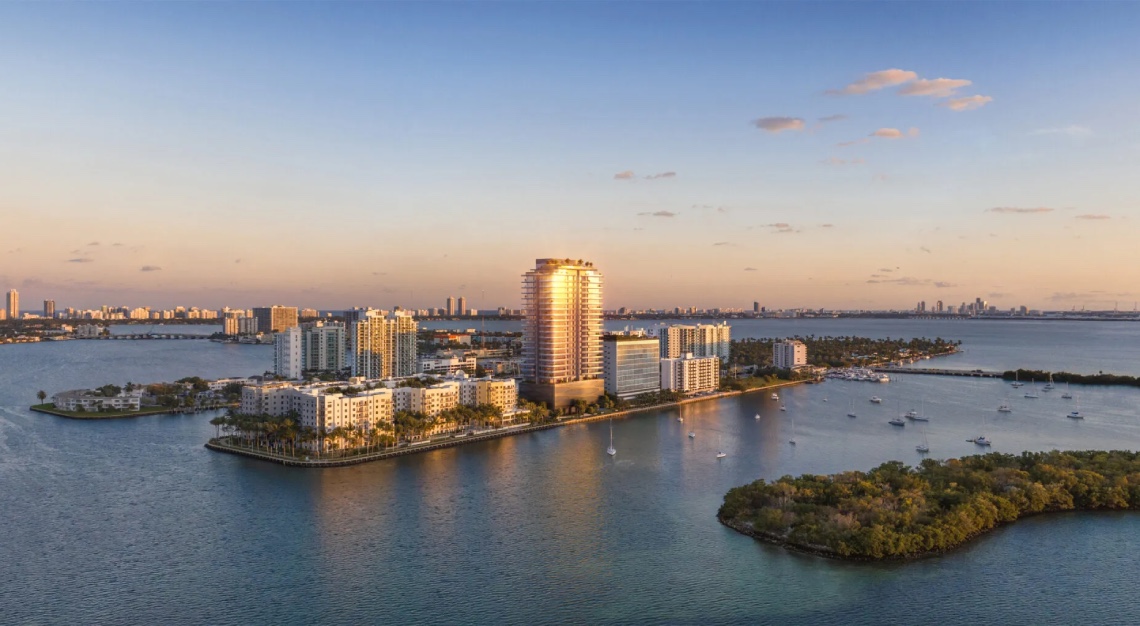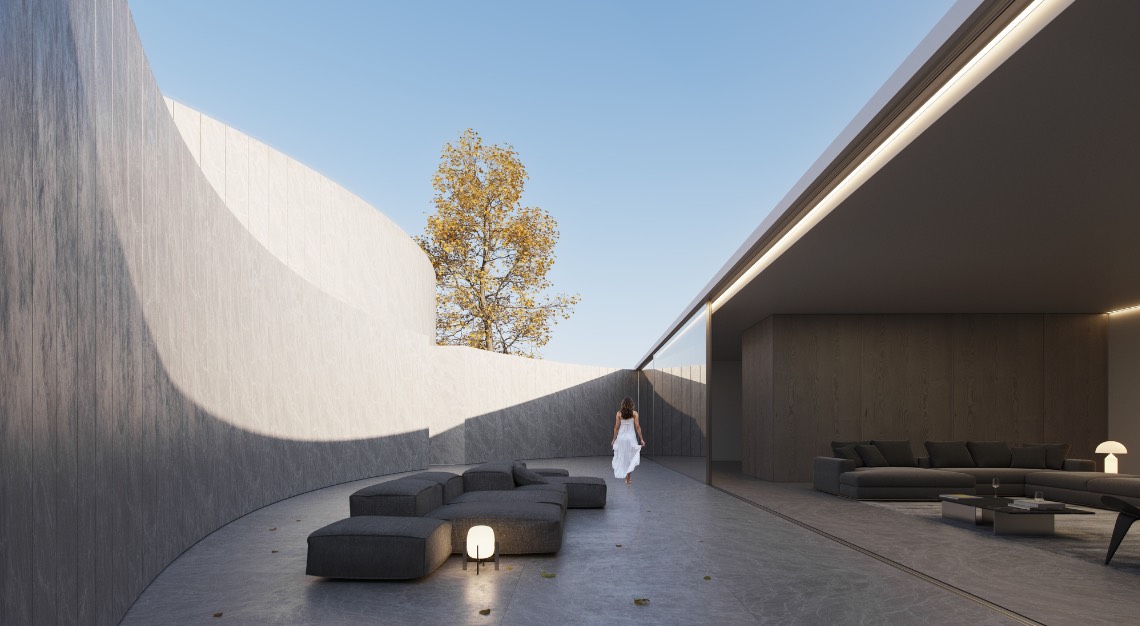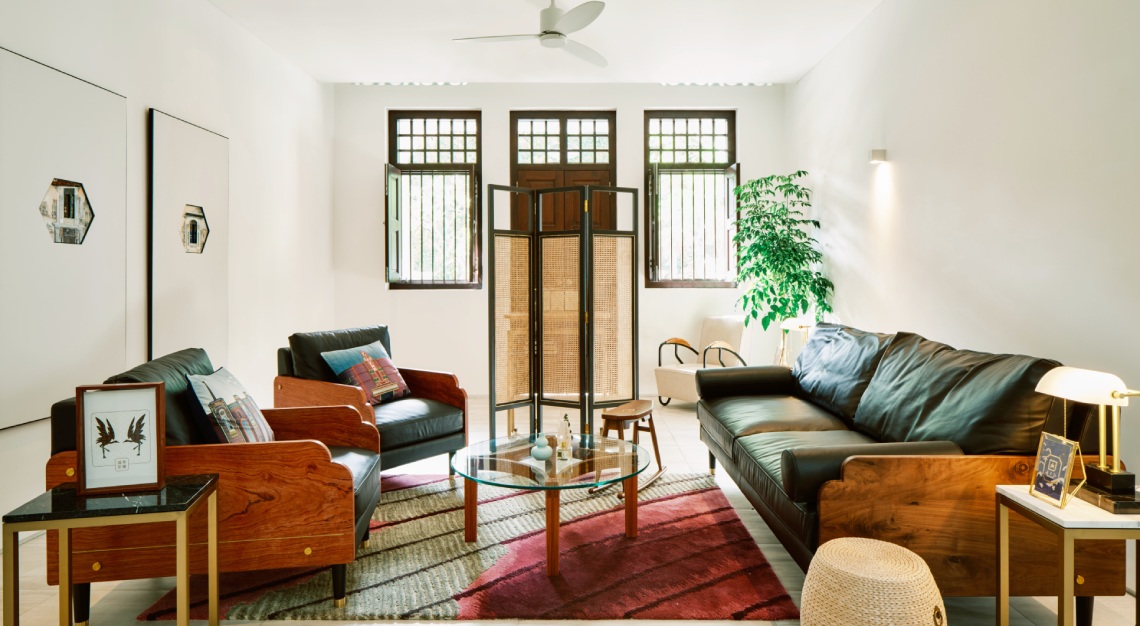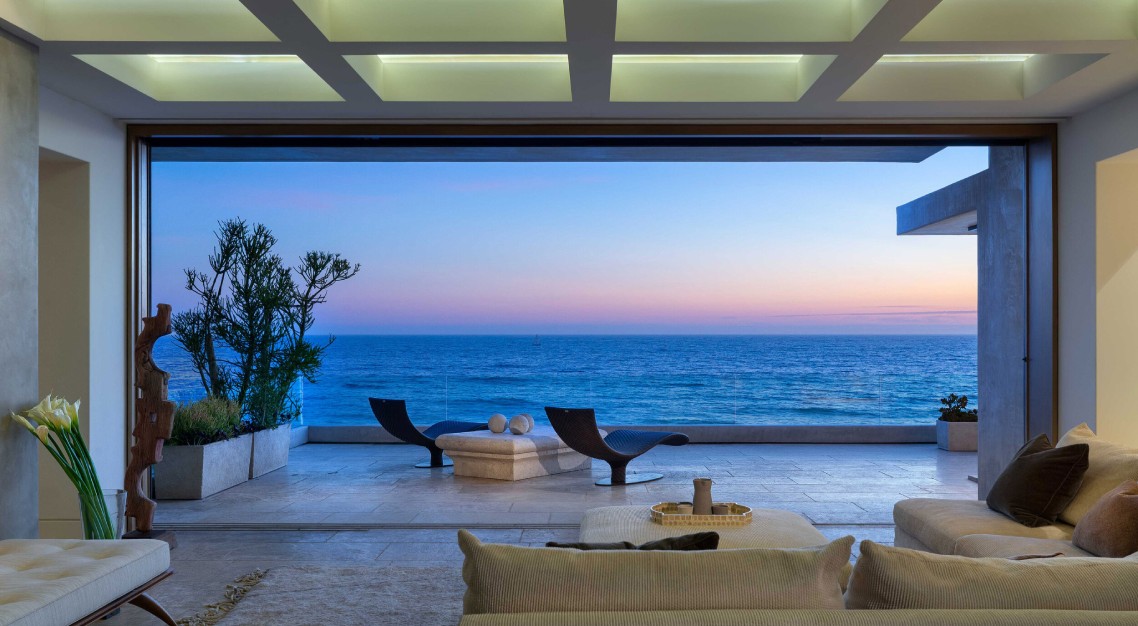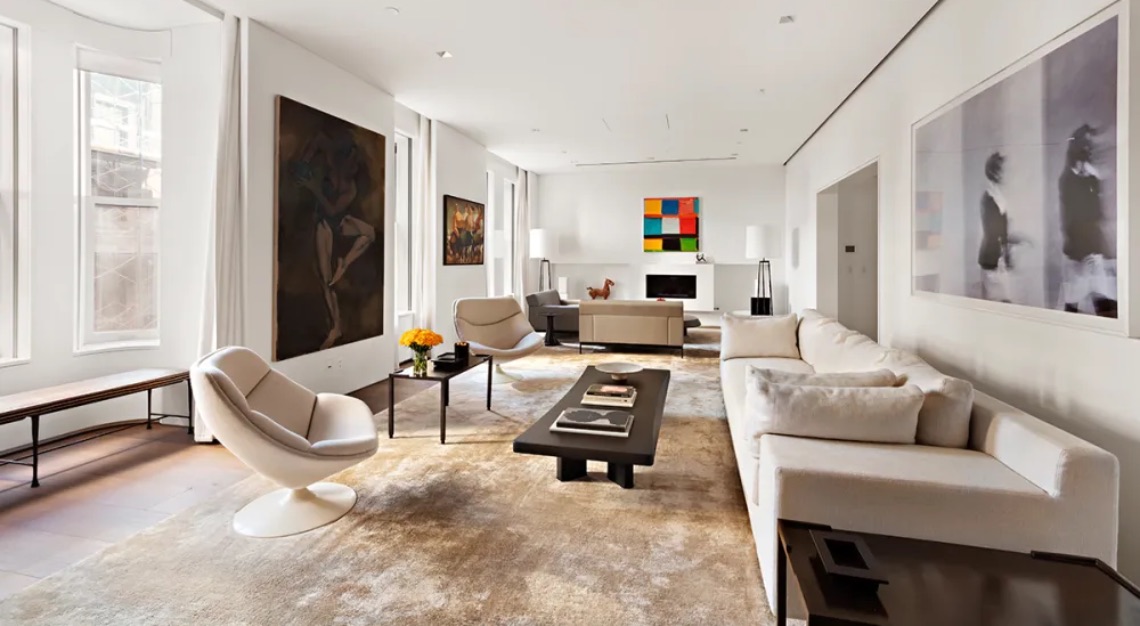The vibrant terrace houses are being snapped up for a whopping S$59,202 per square metre
With their colourful, Instagram-friendly facades and historical charm, shophouses are the hottest thing to hit Singapore’s real estate market.
Built by Chinese immigrants in the 18th century, a shophouse, as its name suggests, is a two or three-storey row building designed to have a commercial business on the ground floor with living spaces above. With just 6,500 of these preserved yet often neglected structures left in Singapore, they’re now being scooped up for crazy sums and given a new life as luxury hotels, retail stores, and even fine dining establishments.
“Everything is new in Singapore except for shophouses, so in a way, these are works of art—every shophouse has a different way of expressing itself, a different façade. These are spaces that we can never re-create,” local real estate developer, Sebestian Soh, explains to Bloomberg.
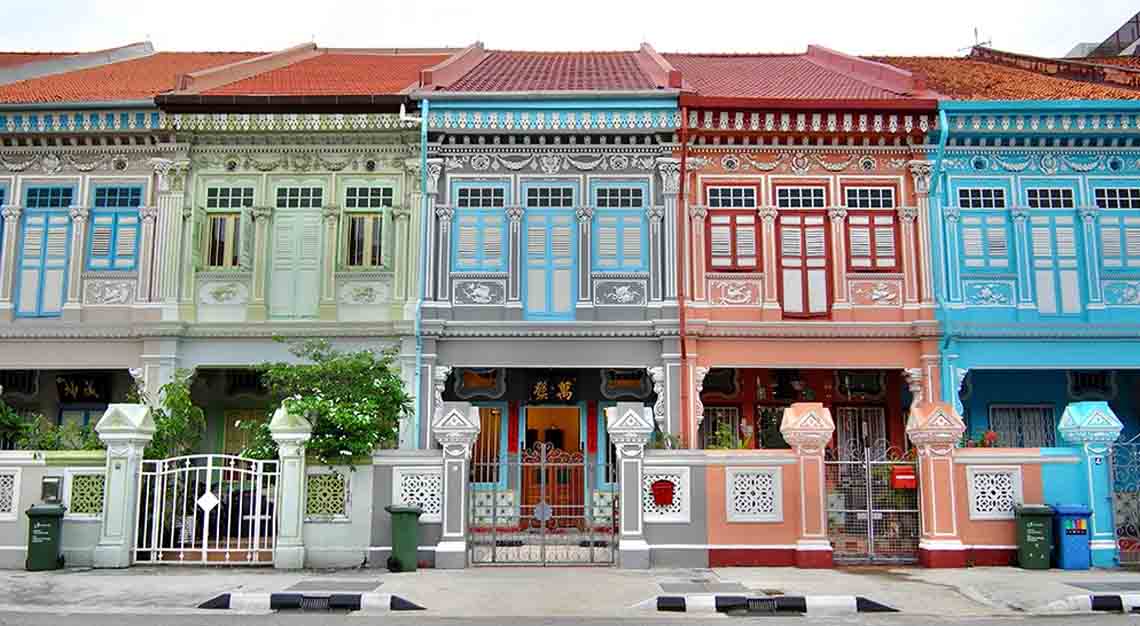
Soh, who began investing in shophouses in 2018, has bought 23 properties since and he’s far from the only one who sees the potential in these architectural fixer-uppers. In 2022, sales of shophouses spiked to S$415 million in the second quarter and are expected to reach an eye-watering S$1.5 billion this year, according to Knight Frank.
Plus, prices have hit a record S$59,202 per square metre. For context, that’s double the average rent of Manhattan’s Upper Fifth Avenue strip. Already in 2023, a row of shophouses in Boat Quay sold for S$80 million, while another in the same area was snapped up for S$30 million.
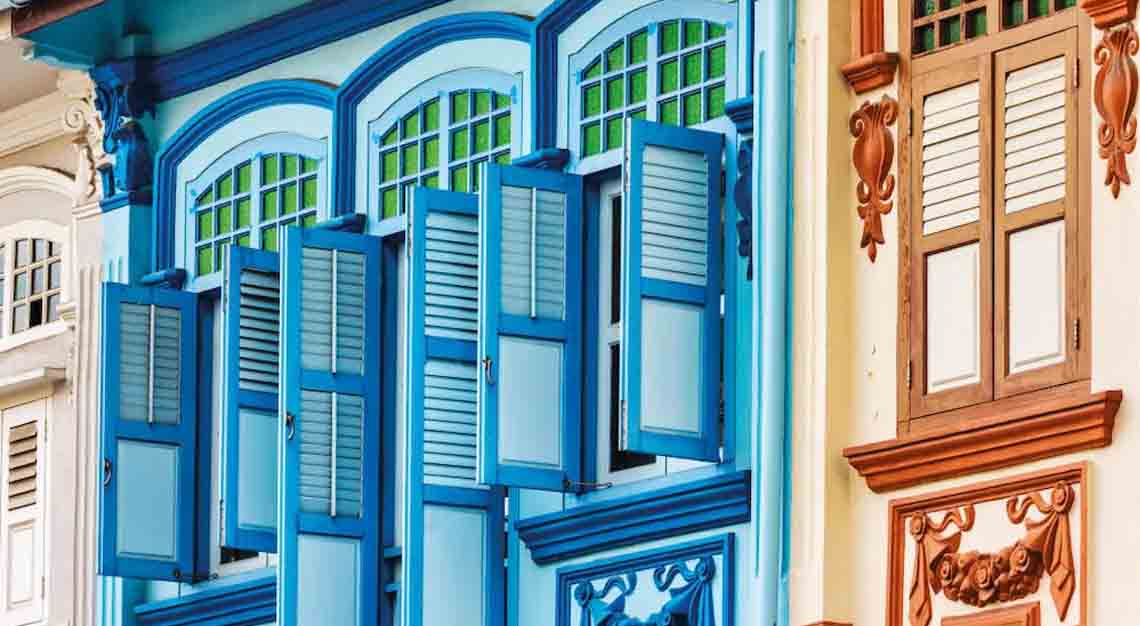
This spring, Coach unveiled the brand’s first concept store in Asia, located inside a three-story shophouse on Keong Saik Road. Elsewhere, chef Björn Frantzén opened up his three-Michelin-star restaurant, Zén, in a similar style building near Singapore’s Chinatown. “Retail outlets want to move out of malls—they want to come into shophouses because they can create curated, unique experiences that aren’t homogeneous,” explains Chew Kok Yong, co-founder of design agency, Afternaut.
While demand is booming, acquiring a century-old shophouse is getting harder by the day. In an effort to regulate housing costs, Singapore raised taxes in April on second home and private property purchases for locals and foreigners alike. As of July, the city-state now requires international buyers to obtain government approval if they want to invest in mixed commercial and residential properties. Luckily, the rule only impacts approximately five per cent of shophouses, Lee Sze Teck, senior director of research at Huttons Asia Pte Ltd, tells Bloomberg.
This story was first published on Robb Report USA

